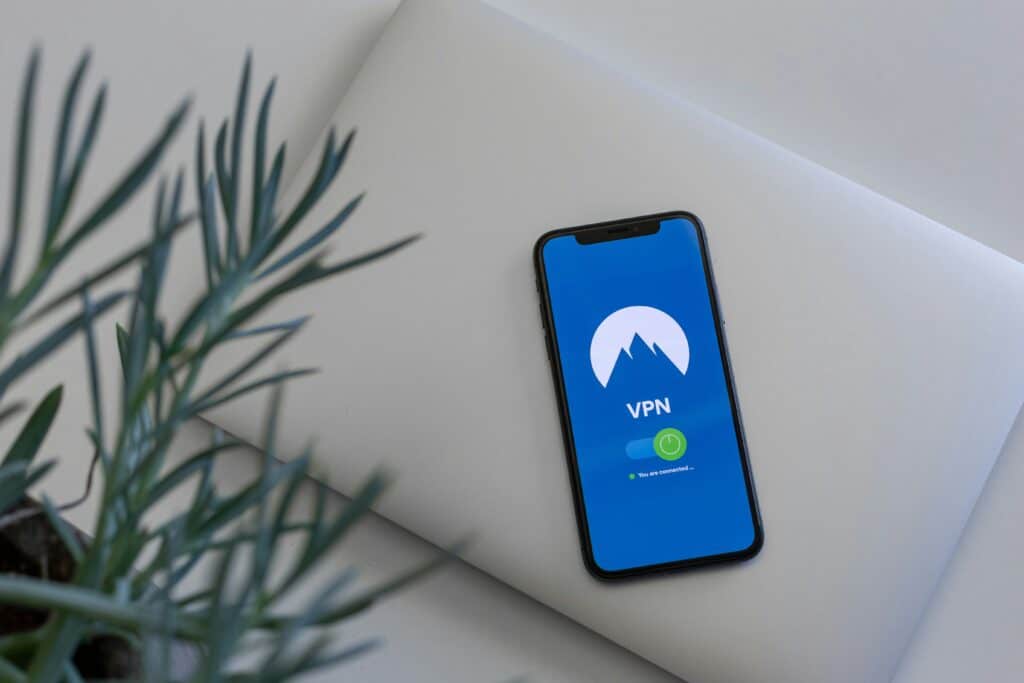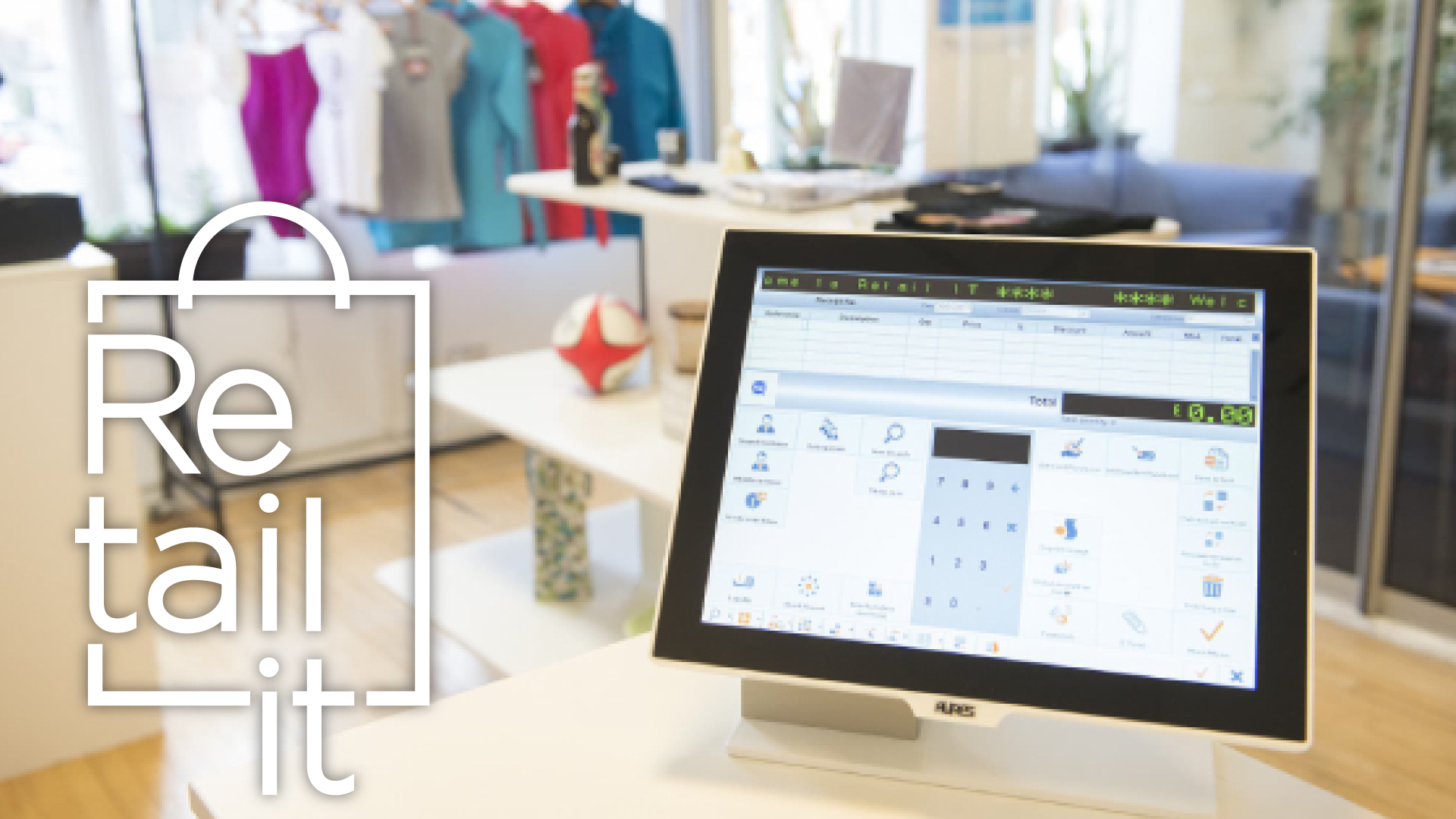In the current landscape of threats to retail businesses, digital cyber threats rank near the top.
And it’s not just the big box retailers that are being targeted: more and more SMBs are facing coordinated and dangerous attacks from cybercriminals. Globally, nearly 50% of small and medium-sized businesses have faced a cyberattack in the past year. Between just 2020 and 2022, small businesses had to deal with a slew of new attacks with the volume growing by 150% during those two years.
There is plenty of speculation as to why this trend is occurring, but it’s not the why but the how to prevent it that retailers must direct their focus. After all, such attacks can be devastating financially, ruin credibility among your customers and industry, and lead to crippling fines and other penalties.
This blog aims to educate retailers on how to implement or improve security awareness training in retail, its benefits, and some common platforms for modern training solutions. Even if you haven’t experienced a cyberattack, staying prepared and protected is always important.
Section 1: Benefits of Security Awareness Training in Retail
Let’s start with the benefits of preparing you, your business, and your team with the right security training. These should be self-explanatory, but they’re a good reminder of why these best practices are so important.
Instill Responsibilities to Grow Productivity
Keep your team up to speed on the threats your business faces and the best ways for them to help prevent cyberthreats from affecting your business. Doing so will arm them with important knowledge and inspire them to be more attentive, loyal, and productive on the job.
Educate your team about some of the most common attacks, including phishing scams through company emails, ransomware or malware through your POS system or computers connected to any business network, and suspicious links or attachments.
Protect Customer Data
Ultimately, the most important goal of security awareness training is to protect your customers’ data. Even small businesses deal with a vast amount of sensitive financial information and other personal data, so improving retail data security is essential. Credit card data and personally identifiable information (PII) are both common targets for cybercriminals, who can use them to steal cash or identities.

Reduce Costly Penalties and Downtime
The failure to shore up your business against cyber threats leaves you vulnerable to extensive fines, business closure, lost revenue, and other penalties. And that’s not even mentioning the extreme stress that a breach will undoubtedly cause.
Proper cybersecurity training will prevent data losses and protect your business against catastrophic consequences.
Grow Customer Satisfaction and Trust
All businesses, but especially small retail businesses, rely on consumer trust. Not only are your regular customers what keep your business afloat, but word-of-mouth marketing is often the best way to acquire new customers.
That’s why maintaining your business’s reputation is so critical. And a data breach can ruin it in an instant. Train yourself and your staff to make sure your business maintains its standing among your loyal shoppers and community.
Section 2: Common Cyber Threats for Retailers
To train your team, you must first be aware of the threats out there. This section will go a bit more in-depth about the ways that cybercriminals can target SMBs.
Email Scams
Phishing attacks are the most common form of scam that cybercriminals use to breach a retail database or network, sometimes through POS software. They are also the most simple. In short, they trick a staff member into revealing sensitive information, which typically results in granting them access to the retail network containing customer data.
Make sure your staff is aware of the following:
- Be wary of cold emails that come in out of the blue
- Watch out for strange calls to urgency or secrecy
- Look out for attachments or links
- Never grant access to sensitive data
Password Theft
Passwords are the next most common way that criminals gain access to sensitive info. Most people use poor password security, and their accounts are remarkably vulnerable. Instead, educate them on how to best protect their accounts:
- Use unique passwords, preferably ones that are autogenerated
- Implement two-factor authentication (TFA)
- Start using a password manager
- Implement company standards that all staff must follow
Personal Devices
Some retail businesses allow their management to bring their own devices to the workplace (or use them if working remotely). This might reduce administration costs, but it opens the business up to added risk.
Instead, give your staff laptops and/or desktops, provide them with VPN access to avoid untrusted WiFi connections, and follow standard anti-virus protocols.

Social Networking / Engineering
Nearly every retail business uses some form of social networking to build more awareness and drive more sales. Unfortunately, these platforms provide another dangerous avenue for criminals to infiltrate your network.
Let your staff know that phishing scams can occur on social media as well. Cybercriminals can use individual information to personalize their attacks through social media, making their scams all the more convincing.
Malware and Ransomware
Malware is software that cybercriminals use to gain access to sensitive financial information or PII. It might also infect a business’s systems. In this event, it’s often referred to as ransomware since it holds the business’s operations hostage until a ransom is paid.
Retailers can be infected by malware through phishing scams, infected attachments, downloads, or links, and removable media.
Make sure your team avoids suspicious files or links in emails, never downloads or installs software, and maintains up-to-date antivirus software.
Removable Media
This type of cyberattack typically occurs through external devices, like USBs or hard drives, that get connected to a business computer. Once connected, malware on these devices can be automated to steal valuable information, install ransomware, or destroy an operating system.
Some thieves leave USB drives in a parking lot or around the business’s premises, tricking staff members into inserting them into a business computer. Others give out infected devices at conferences or events.
Section 3: Best Security Awareness Training Solutions in Retail
Next, let’s cover the top security awareness training solutions. These solutions are critical ways for retailers to protect themselves against the many looming cyber threats. Some training platforms offer training programs, tests and quizzes, simulated scams, and dedicated teams to handle incoming attacks.
For many retail businesses, it’s best to outsource this security training to agencies or consultants; hiring in-house is only necessary for larger enterprise operations.
Below, we’ve compiled a few popular security awareness training solutions:
GTG Networks
Cybersecurity from GTG Networks provides full-service managed IT for businesses across the U.S. Their goal is to be integrated into any business they serve as part of the company, not just another vendor.
GTG was established in 2014 and its network of IT professionals brings years of experience with cyberattacks across many industries.
Hoxhunt
Hoxhunt offers a training platform that gamifies customizable tests to help team members identify scams and reduce engagement. Users can receive rewards for passing certain tests or completing certification courses.
The platform also offers full cyberattack simulations so your staff can familiarize themselves with common phishing scams. This is great for larger retailers looking to train their teams more extensively.
ESET
For a lighter-lift solution, ESET offers a 90-minute course with role-playing and interactive sessions. Users can view their progress, and managers can easily track completion and offer custom rewards.
This solution is a good fit for businesses of all sizes who need more rudimentary training for all staff levels.
Jericho Security
For more compliance-focused training, Jericho Security helps staff comply with all predefined company policies. Jericho leverages AI so users can create unique training materials for their specific business.
While it comes with a bit of a learning curve, Jericho provides expansive training materials and a continually developing suite of tools.
KnowBe4
KnowBe4 offers some of the most extensive training resources available. Users can access over 1,000 unique security awareness guides, including interactive testing, videos, games, and learning modules. This solution is best for businesses that must train a large group of employees with varying training needs.
Important Solutions for Your Business
For more info on the most important software solutions at your business, click below to learn more about KORONA POS. The retail point of sale software brings retailers more security, automation, and efficiency, so running a business is just a little bit easier.
Click below to learn more with a free trial or product demo.











